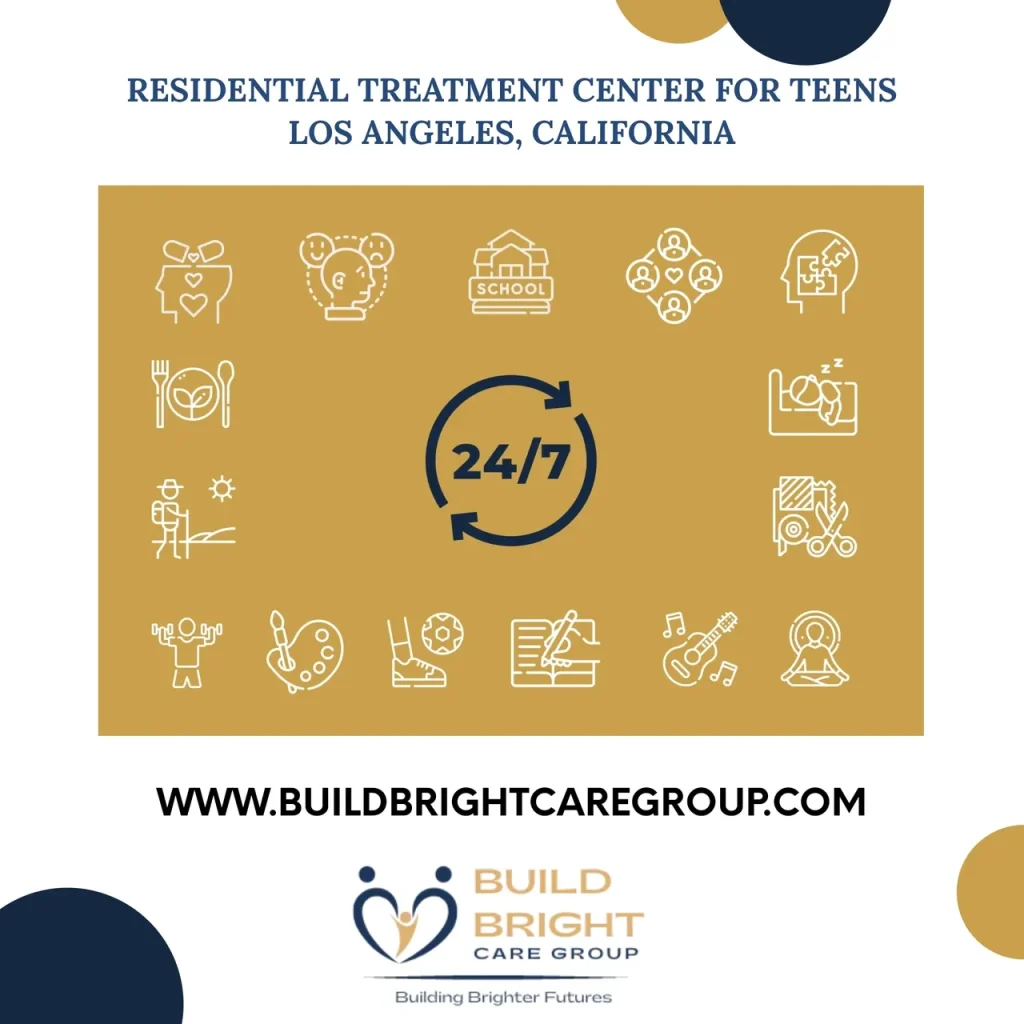The impact of Oppositional Defiant Disorder on family dynamics
Having a teen with Oppositional Defiant Disorder (ODD) can impact your entire family. The frequent arguments, power struggles, and emotional outbursts might leave you and your spouse feeling helpless and frustrated, while your other children may resent the time and energy you spend managing their sibling’s behavior. Fortunately, there are ways for you to help your teen manage their behavior and reduce the amount of stress and conflict in your household.
Establish Clear and Consistent Rules
One of the most effective strategies for managing a teen’s ODD is to establish clear and consistent rules for them to follow. A predictable, structured environment can significantly reduce defiant behavior and help your teen understand the consequences of their actions, giving them a sense of security and stability.
Here are a few tips for setting rules:
- Be Specific: Ensure that your teen understands rules and boundaries. Vague expectations with unpredictable outcomes trigger outbursts in teens with ODD.
- Consistency is Key: Keep rules and consequences consistent.
- Use Positive Reinforcement: Reward your teen with praise and privileges when they meet your expectations and effectively manage their symptoms.

Improve Your Communication Skills
Effective communication is crucial for parents of a teen with ODD.
Some communication strategies you can utilize are:
- Active Listening: Show that you’re listening to your teen by facing them, maintaining eye contact, and responding when prompted.
- Calm Communication: Avoid yelling or using harsh language when talking to a teen with ODD.
- Non-Verbal Cues: Pay attention to your teen’s body language and tone of voice while they’re speaking to you. If you notice your teen getting agitated during a conversation, stay calm, acknowledge their feelings, give them space if needed, and gently redirect the conversation to a less triggering topic.
Seek Professional Help
Professional intervention is essential for teens with ODD and their families. Cognitive-behavioral therapy, a form of talk therapy that helps patients understand their thoughts and behaviors, is particularly effective for teens with ODD, and family therapy can help address underlying issues and improve family dynamics.
Take Care of Yourself
Managing your household with a teen who has ODD can be overwhelming, so self-care is essential for parents. Taking time for yourself helps you stay calm and patient, enabling you to cope with your teen’s outbursts or prevent them altogether. Doing regular exercise, joining support groups, and practicing mindfulness or other relaxation techniques can go a long way in helping you deal with the challenges you face throughout the day.

When to consider Residential Treatment
It’s not easy to decide to send your teen to a residential treatment center (RTC), but it may be the best option for teens whose ODD symptoms are disrupting their daily lives and significantly affecting their family dynamics. If your teen’s defiant behavior persists even with consistent therapy, they might need more intense, comprehensive treatment.
RTCs provide a structured, supportive environment where teens benefit from round-the-clock care and receive specialized therapy tailored to their needs. Their treatment plan will include individual and family therapy, behavioral interventions, and skill-building activities, all designed to help them develop better coping mechanisms. The intensive and immersive nature of an RTC can help your teen make lasting, positive changes more quickly than they would otherwise.
Why Build Bright Care Group Is the Best Choice for Your Teen with ODD
Build Bright Care Group takes the regular benefits of a residential treatment facility one step further by involving our patients’ families in the therapeutic process. We recognize each teen as part of a family system and make family involvement a cornerstone of our treatment approach. By equipping yourself and your family with the tools to support your teen upon their return home, you reinforce their progress, making it possible for them to thrive even after leaving our treatment center.
Recap:
Having a teen with ODD is difficult. Establishing clear rules, improving communication, seeking professional help, and prioritizing your own self-care are essential steps to improving your teen’s symptoms. If their ODD is unmanageable, a residential treatment center can offer the specialized support needed for significant and lasting improvements.
At Build Bright Care Group, we are committed to helping teens with ODD and their families. We’ve designed our program to involve parents throughout the entire process, ensuring that teens return home to a supportive and healthy environment. Contact us today to learn how we can help your teen manage their symptoms and achieve long-term success.
Read: What Are the Signs of Oppositional Defiant Disorder in Teens?
Learn more about: Oppositional Defiant Disorder Treatment




